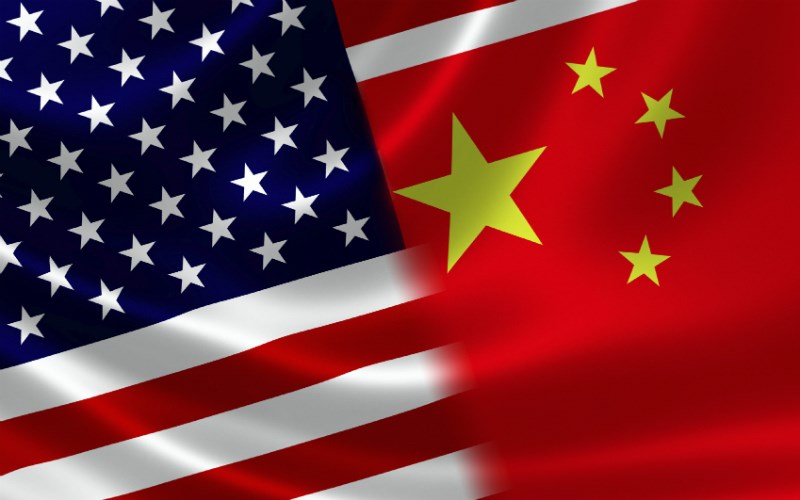Earlier this month (May 4), Sen. Marco Rubio (R-FL) and colleagues introduced the Preventing PLA Acquisition of United States Technology Act of 2022 (S.4141). The bill aims "to counter the military-civil fusion strategy of the Chinese Communist Party and prevent United States contributions to the development of dual-use technology in China." The legislation currently rests with the Senate Committee on Foreign Relations.
"The Chinese Communist Party is our number-one threat. Beijing will lie, cheat, and steal to become more powerful than the United States," Rubio said in a May 5 press release. "All too often, our nation's scientists and experts partner with their Chinese counterparts without understanding how their research will be weaponized by the Chinese military. My bill will prevent this type of collaboration and protect federally funded research from falling into the hands of the People's Liberation Army."
One of the bill's five cosponsors is Sen. Marsha Blackburn (R-TN), a member of Senate Armed Services Committee. "The Chinese Communist Party cannot continue to steal technology from America for use in their Military-Civil Fusion strategy," said the senator in the press release. "The United States' innovative spirit keeps our military advanced. This bill would stop the CCP in their tracks by securing that spirit."
Fact: Beijing blurs the line
An aide to Senator Blackburn tells American Family News that the GOP lawmaker has been concerned about the Chinese Communist Party (CCP) for quite some time, raising awareness and sounding the alarm about the threat from the Chinese regime in many relevant hearings. According to the aide, implementation of a military-civil fusion strategy by the People's Republic of China (PRC) is at the heart of the issue.
"There is no line between the public and the private sector in China," the aide explains, pointing out that the Chinese military uses state-owned enterprises (SOE) and other large companies to advance defense technologies and the CCP.
S.1441 would prohibit any "covered entity" from engaging in scientific research or technical exchange with "Chinese entities of concern." According to the aide, American innovation has been exploited by Chinese entities engaging with U.S. private companies that receive government funding.
Essentially, the bill would prevent research with dual-use capabilities, as well as partnerships or joint ventures between U.S. private companies that receive federal financial assistance and Chinese entities of concern, or entities involved in the military-civil fusion strategy.
Positive step: Empower innovation
Senator Blackburn, the aide continues, is as equally concerned about preventing the PLA's acquisition of U.S. technology and stymieing the CPP as she is about American innovation.
"At the end of the day," Blackburn's aide says, "[the Chinese regime] is superseding the U.S. in some areas, [like] hypersonic technology and research." (See editor's note below)
She says it is important to use "uniquely American advantages" to counter the military-civil fusion strategy of the CCP – and contends this can be accomplished by "empowering private companies to advance their technical workforce, allowing more public private partnership exchanges, and allowing civilians who want to contribute to the government with their technical expertise to be able to do so in a way that is advantageous for both the government and for them."
"America's technical workforce must have both the opportunities and the incentives to contribute to public and private sector in appropriate ways, not in ways that blur the lines – like the Chinese do," the aide concludes.
Editor's note: The U.S. Air Force reported this week that over the weekend it successfully conducted a test of a hypersonic weapon amid the growing race with China and Russia to develop such military technology.







